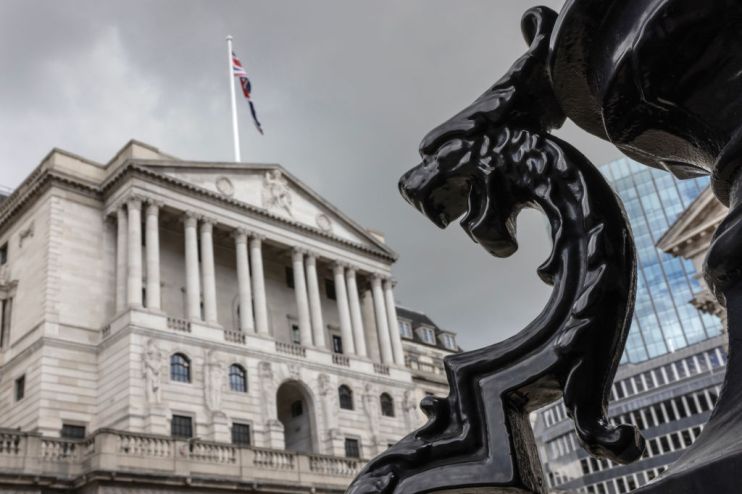Bank of England and others may have to keep rates ‘higher for longer’ to crush inflation

The Bank of England and the rest of the world’s top monetary authorities’ fight against roaring inflation “is not yet done,” one of the globe’s leading economic institutions has warned.
In its annual analysis on the state of the world economy released today, the Bank for International Settlements (BIS), often referred to as the “central bank of central banks,” has claimed inflation risks staying higher for longer if monetary authorities ease off the brake too soon.
Financial markets reckon Governor Andrew Bailey and the rest of the monetary policy committee – the nine-strong group who set official borrowing costs in Britain – are set to boost rates to more than six per cent.
“While the central bank response to the inflation surge has been forceful and has clearly started to bear fruit, the job is not yet done,” the BIS said in its annual economic report.
“Policy rates may need to remain higher for longer to ensure that inflation continues to decline and stays low,” the report said.
Agustín Carstens, general manager of the BIS, said: “The key policy challenge today remains fully taming inflation, and the last mile is typically the hardest. The burden is falling on many shoulders, but the risks from not acting promptly will be greater in the long term.”
Other central banks have been tightening monetary policy at the fastest pace in four decades. Federal Reserve chief Jerome Powell and the rest of the federal open market committee have jacked up rates to a range of five per cent and 5.25 per cent from near zero in just over a year.
European Central Bank president Christine Lagarde has overseen the steepest rate hike cycle in the monetary authority’s more than 20 year history. Eurozone rates are now 3.5 per cent, up from negative territory in July 2022.
Workers demanding and receiving inflation-busting pay rises risk embedding high costs in companies’ finances, raising incentives for them to hike prices.
Wage growth has lagged inflation for more than a year and a half in the UK and research from the TUC out today has shown it is top earners who are mostly receiving above inflation pay rises.
WAGE PRICE SPIRAL
“If wages do catch up, the key question will be whether firms absorb the higher costs or pass them on. With firms having rediscovered pricing power, this second possibility should not be underestimated,” the BIS said.
Some companies have been accused of trying to fatten up their profit margins under the guise of inflation, none more so than supermarkets. Food prices have jumped more than 18 per cent over the last year.
The Swiss-based BIS said governments either need to rein in spending or hike taxes to support central banks’ inflation fight.
“To do its part, fiscal policy needs to consolidate. Consolidation would help tackle both the near-term and the longer-term challenges,” the organisation said, adding that advanced economies’ widening deficits are on an unsustainable trajectory that requires some rebalancing.
The burden is falling on many shoulders, but the risks from not acting promptly will be greater in the long term
Agustín Carstens, general manager of the BIS
Raising taxes would amplify the negative demand effects central banks are trying to engineer by hiking interest rates, as would trimming government spending.
Numbers last week from the Office for National Statistics revealed Britain’s debt stock has ballooned to bigger than the size of the entire economy for the first time since 1961.
Prime Minister Rishi Sunak earlier this week hinted that he and Chancellor Jeremy Hunt won’t cut taxes at the autumn statement. However, there is mounting speculation the pair will table cuts in the run up to the next general election, which has to take place before January 2025, to win over voters.
Labour has curbed its plans to invest £28bn into the UK’s green economy should it win the next election due to Britain’s deteriorating public balance sheet.